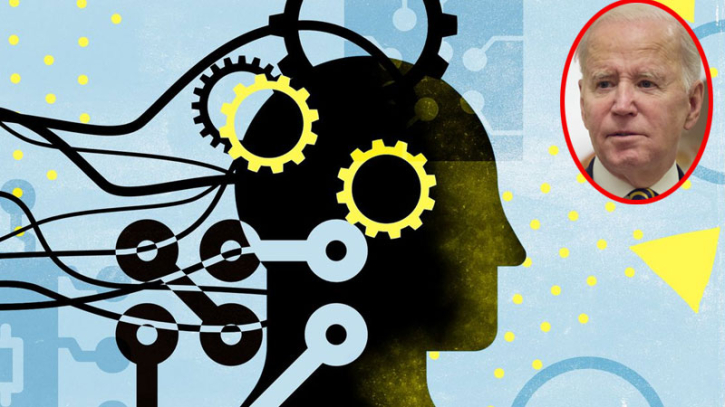AI ‘could be' danger to society: Joe Biden

US President Joe Biden has said artificial intelligence (AI) “could be” dangerous but it remains to be seen how the technology will affect society.
Speaking at the start of a meeting with science and technology advisers on Tuesday, the US President said technology companies had a responsibility to ensure their products are safe before their release.
“Tech companies have a responsibility, in my view, to make sure their products are safe before making them public,” Biden said at the opening of a meeting of the President’s Council of Advisors on Science and Technology.
Asked if AI was dangerous, Biden said it “remains to be seen” but “it could be”.
Biden said AI could help tackle challenges like disease and climate change but that developers of the technology would also have to address “potential risks to our society, to our economy, to our national security”.
The president said the effects of social media on young people’s mental health showed the harm new technologies can inflict if safeguards are not in place.
Biden’s remarks come amid growing debate about how to regulate AI, with some prominent voices calling for a pause on the development of the technology until safeguards can be put in place.
In an open letter published last month, a number of tech leaders including Tesla founder Elon Musk and Apple co-founder Steve Wozniak called for a pause on the rollout of AI due to the technology’s “profound risks to society and humanity.”
The latter came in response to the release of GPT-4, the follow-up to the revolutionary AI chatbot ChatGPT.
GPT-4’s California-based creator OpenAI has said the newer platform is capable of “human-level performance” in some areas, including being able to pass the bar exam with a score in the top 10 percent of applicants.
Italy last week became the first Western country to ban ChatGPT after its data protection watchdog said there appeared to be “no legal basis” for its mass collection of data.
European Union legislators are negotiating regulations to govern the use of the technology across the 27-nation bloc.
.png)




